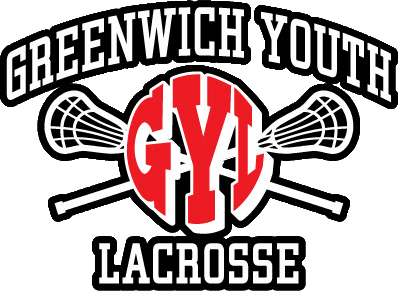GYL health tips
Youth Sports injury prevention
Play more than one sport: Young athletes should change sports at least one season a year to reduce risk of overuse injuries.
Cross train: Cross training is important for overall development. Athletes should try new activities that expose them to different skills or motions than their main sport.
Take time off: Athletes should have at least one to two days off every week where they are not playing or training for a specific sport. This allows the body time to recover, rest and recuperate.
Focus on technique: Proper technique is an important consideration when preventing any sports-related injury, as well as taking in all factors contributing to fatigue.
Get the right equipment: Wear the right shoes and make sure that any equipment fits properly.
Stay hydrated: Dehydration contributes to muscle fatigue, which can increase risk for injury.
Fuel properly & consistently: Proper nutrition can help athletes recover from training, produce energy, and keeps the body's muscles and bones functioning optimally.
Get enough zzzzs: Consistent sleep of a minimum of 8-10 hours per night is essential for growth and allows the body to recover from the day's activities. Do not sleep with your phone!
Get help from professionals: GYL partners with Performance PT and their physical therapists are available at GYL home games and events READ MORE
Perform a Dynamic Warm Ups: Dynamic warm ups should be completed prior to every practice and game.
Recommended daily water intake for athletes
Fluid needs vary based on activity, intensity, environmental conditions, body size of the athlete and training status. The more highly trained an athlete is, the more he or she will sweat and require more water.
To maintain optimal hydration throughout the day, young athletes should drink ½ to 1 ounce of water per pound of body weight. To maintain peak performance during exercise, minimize water weight loss to no more than 2% of your body weight. This means that a 100-pound athlete should lose no more than 2 pounds during a workout.
Drink plenty of water in the hours leading up to practice. Continue taking four to six big gulps of water every 15 to 20 minutes during exercise. After exercising, drink 24 ounces of water for every pound of water weight you lose during your workout. Hydration in the days prior to workouts, games, and tournaments are very important.
Water or sports drink: What is best for athletes?
If young athletes are working out for one hour or less, water is generally sufficient to keep hydrated. Sport drinks may be recommended in certain situations including when:
Exercise lasts longer than 1 hour
Engaging in intense workouts
Practicing or playing in extreme environmental conditions, such as high heat and humidity
Excessive sweating occurs, i.e., being a "heavy sweater"
In these situations, experts recommend a sports drink containing at least 110 to 240 mg of sodium per 8oz. serving. This will replace fluid and electrolytes lost through sweat.
Should my child be drinking sports drinks?
Sports drinks are only appropriate for people who participate in intense physical activity that lasts longer than one hour. For the casual athlete and everyone else, water is the best option. Sports drinks can be beneficial for children who need rapid replenishment of carbohydrates and electrolytes following vigorous exercise of more than an hour. Otherwise, water is sufficient.
Make sure your child has easy access to water before, during, and after athletic events. Every child should have a large water bottle that they fill every day and keep filled before, during, and after athletic events.
Always avoid giving your children energy-boosting beverages that contain caffeine.
Concussion Awareness
A concussion is caused by violent shaking or jarring of the brain, and may may cause alterations in cognitive function, vision, eye movement, facial movement, or speech. Contrary to popular belief, no helmet in any sport can prevent a concussion.
A concussion is caused by violent shaking or jarring of the brain, and may may cause alterations in cognitive function, vision, eye movement, facial movement, or speech. Contrary to popular belief, no helmet in any sport can prevent a concussion.
Signs and symptoms of concussion can show up right after the injury or may not appear or be noticed until days or weeks after the injury.
Symptoms Reported by Athlete
Headache or “pressure” in head
Nausea or vomiting
Balance problems or dizziness
Double or blurry vision
Sensitivity to light
Sensitivity to noise
Feeling sluggish, hazy, foggy, or groggy
Concentration or memory problems
Confusion
Does not “feel right”
Signs Observed by Parents,
Guardians, or Coaches
Appears dazed or stunned
Is confused about assignment or position
Forgets an instruction
Is unsure of game, score, or opponent
Moves clumsily
Answers questions slowly
Loses consciousness (even briefly)
Shows behavior or personality changes
Can’t recall events prior to hit or fall
Can’t recall events after hit or fall
A player suspected of having a concussion is not to continue playing and needs evaluation by a medical professional.
A player is not to return to play until cleared by a medical professional.

